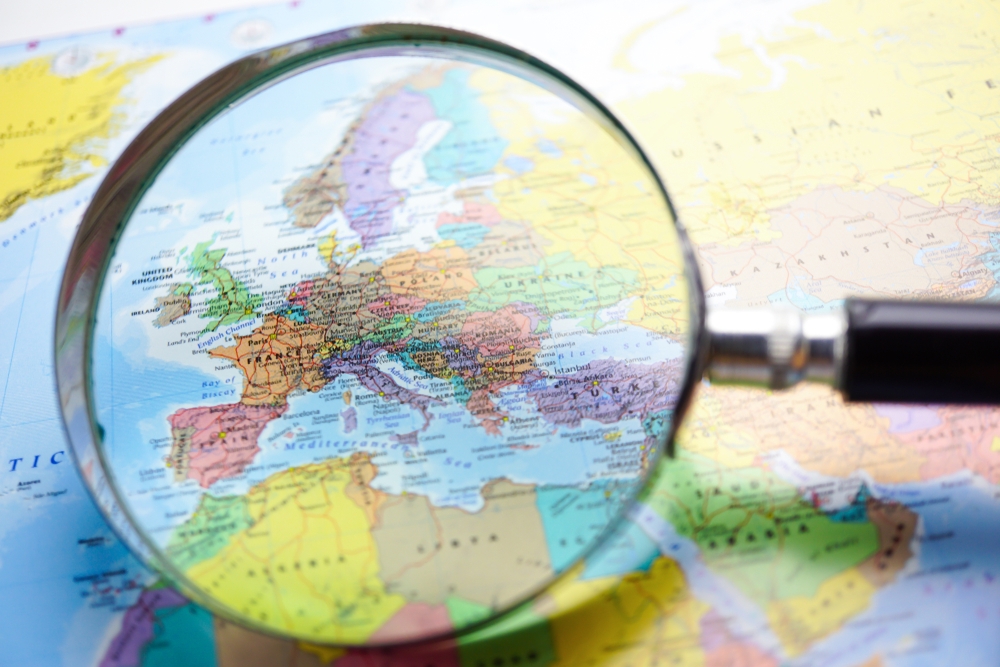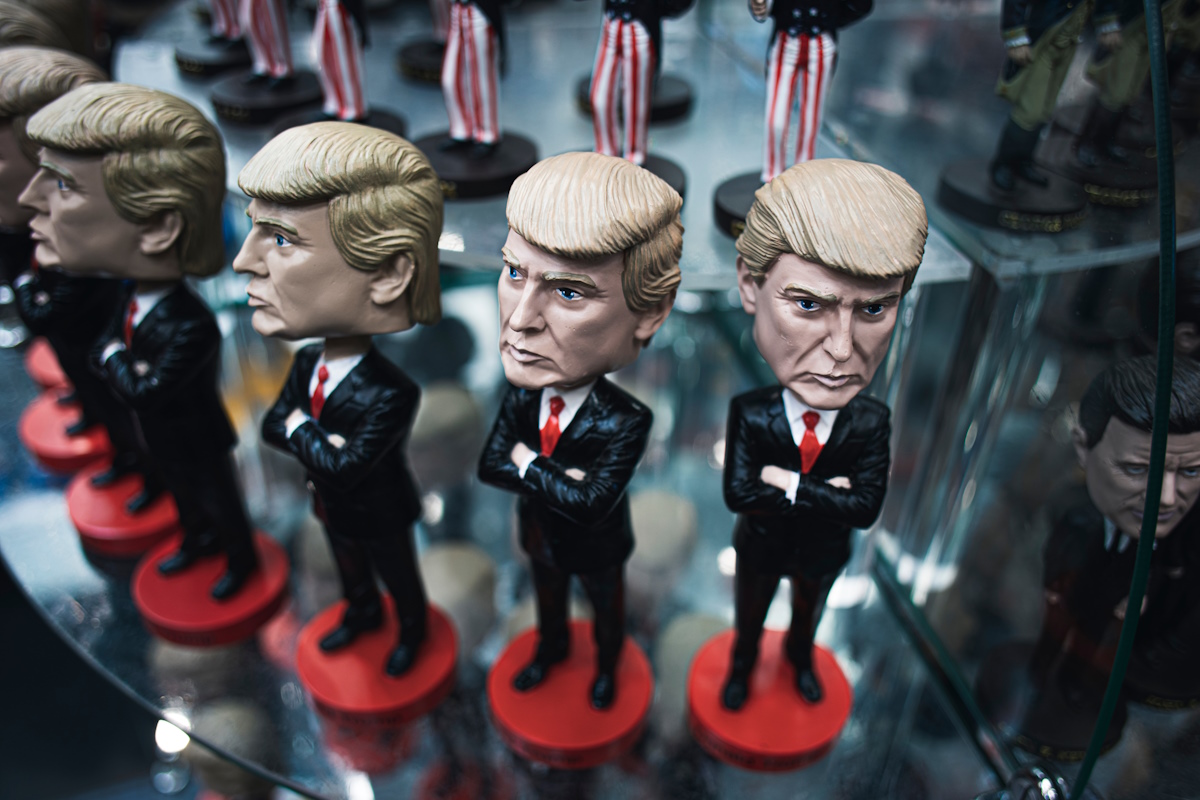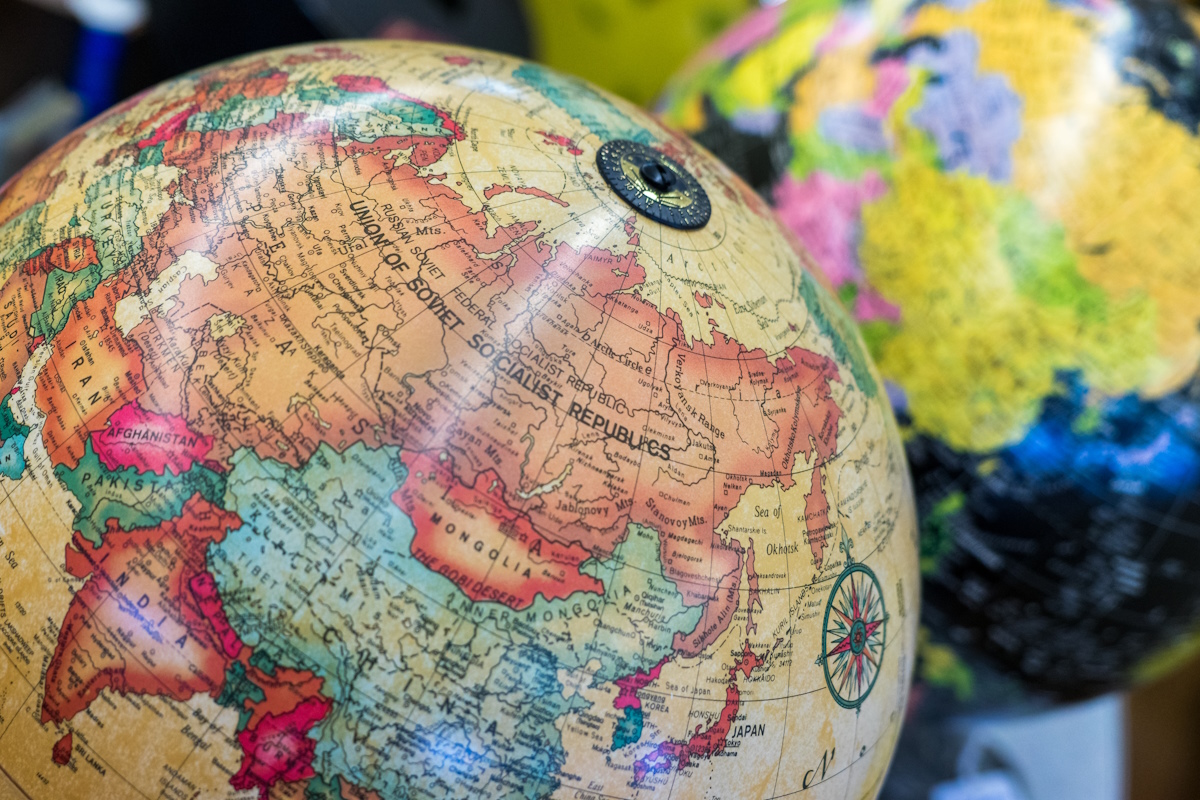Tensions in the Middle East have escalated, it’s been over two years since Russia’s invasion of Ukraine, and the strategic competition between the US and China is expanding – there is no shortage of geopolitical risks in the world. For investors it is crucial to monitor these global geopolitical shifts to understand the investment implications.
“Typically, geopolitical shocks – and a higher geopolitical risk premium – mean spikes in market volatility, higher correlations among risky assets, and risk-off moves favouring safe-havens. But history also tells us that most of these events have short-lived effects on markets,” says HSBC Asset Management.
Conflict in the Middle East
Following the conflict in the Middle East, Lombard Odier sees key risks for energy markets and supply chains. “Iran supplies around 3% of the world’s oil, with terminals fringing the Persian Gulf and a fifth of global oil supply passing through the Strait of Hormuz on its doorstep,” says Samy Chaar, Chief Economist at Lombard Odier. “Risks include Israeli attacks on oil infrastructure, more stringent sanctions on Iranian oil, or disruptions by Iran in the Strait, which could see oil prices spike well over $100 a barrel. Trade risks include more disruptions in the Red Sea, or any escalation that affects the Suez Canal, a globally critical chokepoint for trade.”
JPM Wealth Management is watching three main areas:
1) the impact on natural resources: “Iran itself is a smaller oil supplier, but the potential for conflict spillover into the broader region and/or disruption of significant transit routes like the Strait of Hormuz pose greater risk. Oil prices are likely to reflect some of these risks in the coming months.”
2) the effect on the economy: What could a surge in energy costs mean for inflation?
3) the follow-through into price action: While a bigger escalation remains a risk, JPM Wealth Management thinks that the fundamental backdrop for investors remains unchanged with the situation as it stands.
Russia-Ukraine war
When Russia invaded Ukraine in 2022, energy supplies became a major uncertainty factor. While the initial shock may have eased, there is still an impact on the region. “Since the start of the conflict, Western states (particularly in the EU) have managed to secure alternative long-term sources for their gas imports, have made significant changes to their energy mix, have limited dependence on Russian oil, and can find other sources if supplies of the latter suddenly face legal or other interruptions – while the US is a net oil exporter,” says Edouard Bouhyer, Chief Investment Officer of Banque Eric Sturdza.
He sees only a “very slight possibility” of the conflict extending beyond Ukraine into areas of Eastern Europe outside NATO and “almost no prospect” of the conflict extending into NATO countries this year.
China, Taiwan and tensions in the South and East China Seas
The elections in Taiwan earlier in the year were also a hot topic investors watched, given the tensions with China. “The Taiwan elections probably produced the best possible outcome – at least for those who want to avoid a crisis. The election of a president from the pro-independence DPP probably reflected majority opinion in the Republic, which is opposed to reunification with China under Xi, but
is wary of making moves to full independence,” opines Bouhyer.
The CIO assesses that China is almost “certainly not planning to invade Taiwan for a few years yet, if
at all”. Instead, Bouhyer sees signs that China is ensuring that ongoing provocations do not lead to accidental escalation.
What should investors do?
“This is not the first time geopolitical turmoil has been the catalyst of turbulence for investors,” opines Madison Faller, Global Investment Strategist at J.P. Morgan Wealth Management. “In the end, staying invested in a diversified, goals-aligned portfolio has benefited through countless geopolitical crises, wars, pandemics and recessions – and we believe that should remain true.”
HSBC Asset Management points out that increased market volatility may create an opportunity for contrarians to get long on risk assets. “But at this juncture, risk premiums embedded in many Western asset classes look low,” HSBC wrote in an April report.
Read more

T. Rowe Price
Why US Treasuries may no longer be a safe haven
US Treasuries recent performance has fallen short of expectations.

Candriam
The euro bond market is back in focus
Rising yields and shifting fiscal dynamics are bringing the euro bond market back into focus.

Lombard Odier
EM equities – potential opportunities amid challenges
EM equities face renewed pressure amid US trade policy shifts, slowing growth, and investor outflows.

US Markets
100 days of Donald Trump
The first 100 days of Donald Trump’s second term have shaken markets. Asset managers weigh in on US equities, bonds, and the dollar.





















